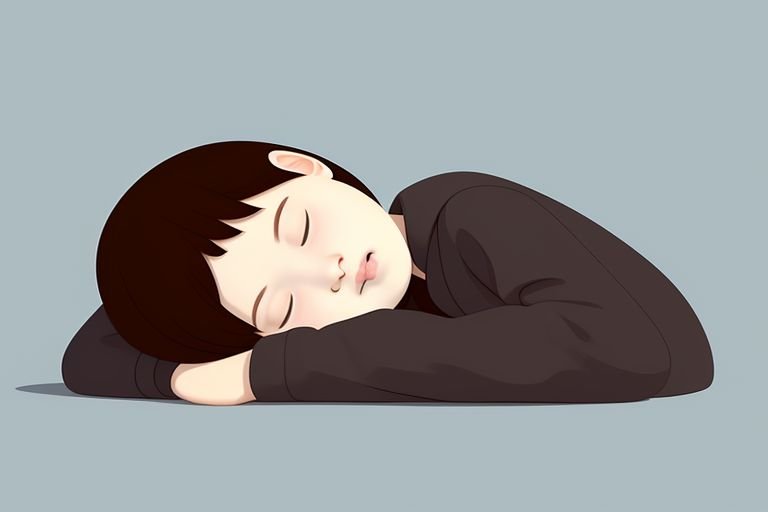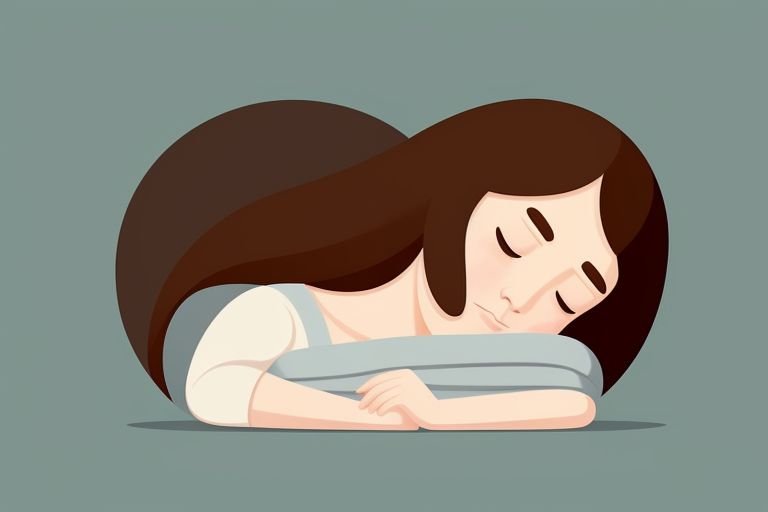Napping more than an hour: A diabetes warning?
In our fast-paced world, the prevalence of diabetes is rapidly increasing. Unexpected connections between our daily habits and health risks are continually being unveiled. One such revelation involves the duration of daytime sleep and its potential impact on diabetes. Recent research suggests that sleeping for more than 1 hour during the day may elevate the risk of diabetes, adding a new dimension to our understanding of this prevalent health concern. Let’s discover more about this intriguing link between daytime sleep and diabetes risk in the upcoming discussion.

Dozing off for more than 1 hour? Beware of diabetes!
According to statistics, diabetes stands as the fastest-growing chronic disease in the 21st century. Currently, there are about 150 million people worldwide living with diabetes. It is estimated that this number will more than double by 2025, surpassing 300 million. Recent studies have uncovered a concerning link between dozing off for more than 1 hour during the day and an increased risk of diabetes by nearly 5%.
With the alarming rise in the number of people affected by diabetes, it is crucial not only to focus on prevention through diet, exercise, and lifestyle changes but also to pay attention to the duration of daytime drowsiness or napping. Dr. Tomohide Yamada and his research team from the Department of Diabetes and Metabolic Diseases at the University of Tokyo, Japan, found that sleeping for more than one hour during the day can elevate the risk of diabetes by as much as 46%. Conversely, taking a nap for approximately 30 minutes during the day has been associated with a decreased risk of diabetes.

Yamada’s research team gathered data from 10 research reports involving 261,365 participants from various countries. For example: Sweden, Spain, Finland, Germany, the United States, and China. The data revealed a 56% increased risk of type 2 diabetes for those who feeling excessively sleepy during the day.
Dr. Tomohide Yamada’s team explained that prolonged daytime sleep may impact nighttime sleep. This will potentially leading to issues such as sleep apnea, resulting in poor sleep quality and subsequent daytime drowsiness. There is a significant association between sleep apnea and cardiovascular diseases, including stroke and blocked arteries. Therefore, individuals who frequently experience daytime sleepiness are encouraged to consult a doctor for a diagnosis of potential sleep apnea and to strive for limiting daytime sleep to 60 minutes.
Conclusion

To sum it up, being mindful of how long we nap during the day is important for our health. The discovery that napping for over an hour might increase the risk of diabetes highlights the need to pay attention to our daily habits. By making small changes and staying informed, we can take steps towards a healthier future and lower the risks associated with diabetes.
Leave a Reply